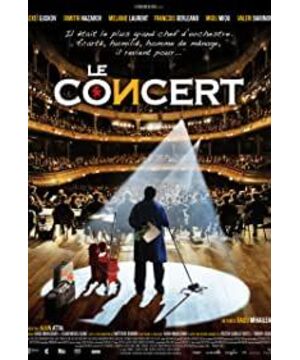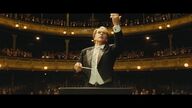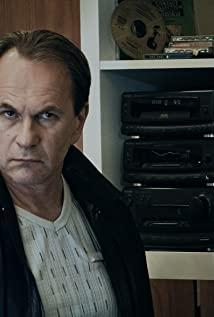The intersection of the main, auxiliary, and auxiliary lines is also the success of this film. There are many lines but not scattered. In the end, all the lines merge into "the unremitting pursuit of truth, goodness and beauty". For example, in one of the sub-lines, the idealistic pursuit of "communism" by the manager of the fake orchestra plays a great role in the overall structure of the film. The protagonist's character is well illustrated, and he sings the "truth, goodness and beauty" of music through satirizing political "false, big and empty". The final conclusion is that politics is nothing and cannot stand the test of time, and the only eternal thing is music, art, and people's pursuit of beauty.
Individuals have their own style, and the director uses this style to structure the story. It cannot be said to be generalized. It has its ingenuity and the overall effect is more civilian. If I come to make this movie, I think I will do it. will be more substantial and real. In terms of the play, with such a coincidence and an unbelievable plot, why would the audience not think it is fake? I want to connect with Bazin's film's true theory: this film grasps the true character of the characters and the true feelings, so the plot jumps and inverse logic is acceptable. In contrast, many domestic films have lost all their sense of reality, which makes the audience feel ridiculous.
Although this movie cannot be called a top work, it is a movie I like very much. The big screen of the film archive looks very cool, and it is accompanied by Tchaikovsky's music, which is a good audio-visual enjoyment.
View more about The Concert reviews











